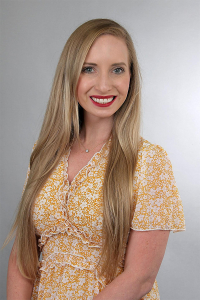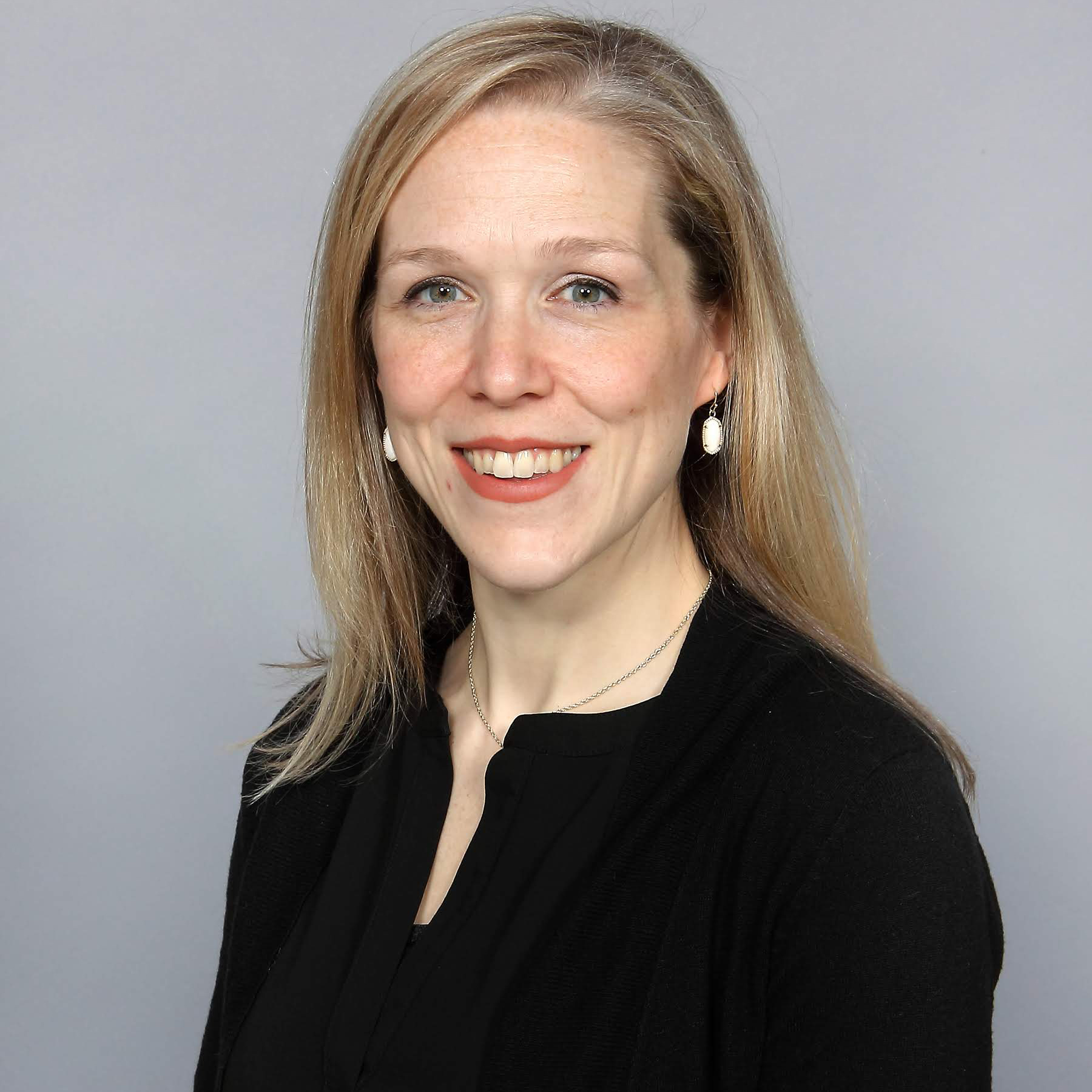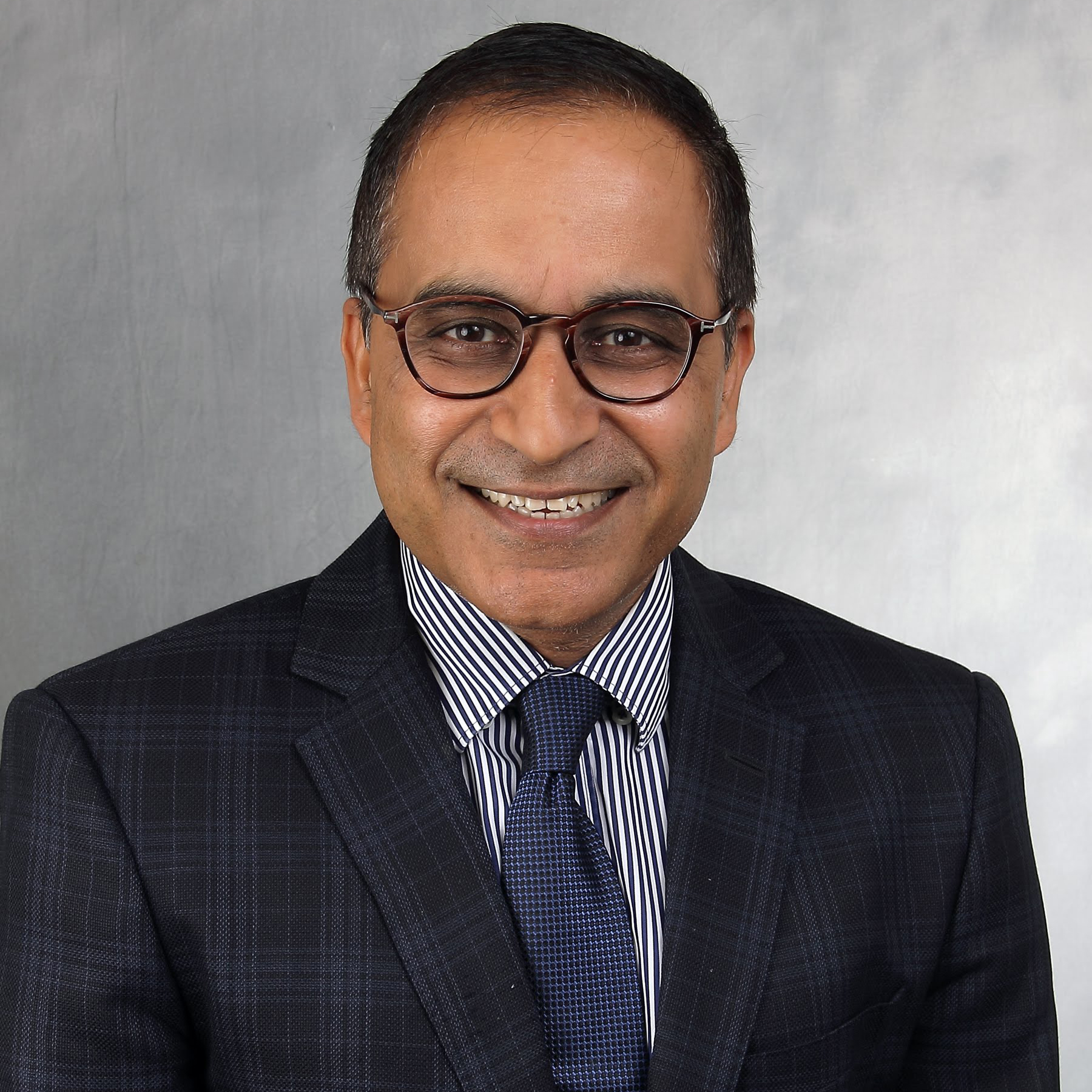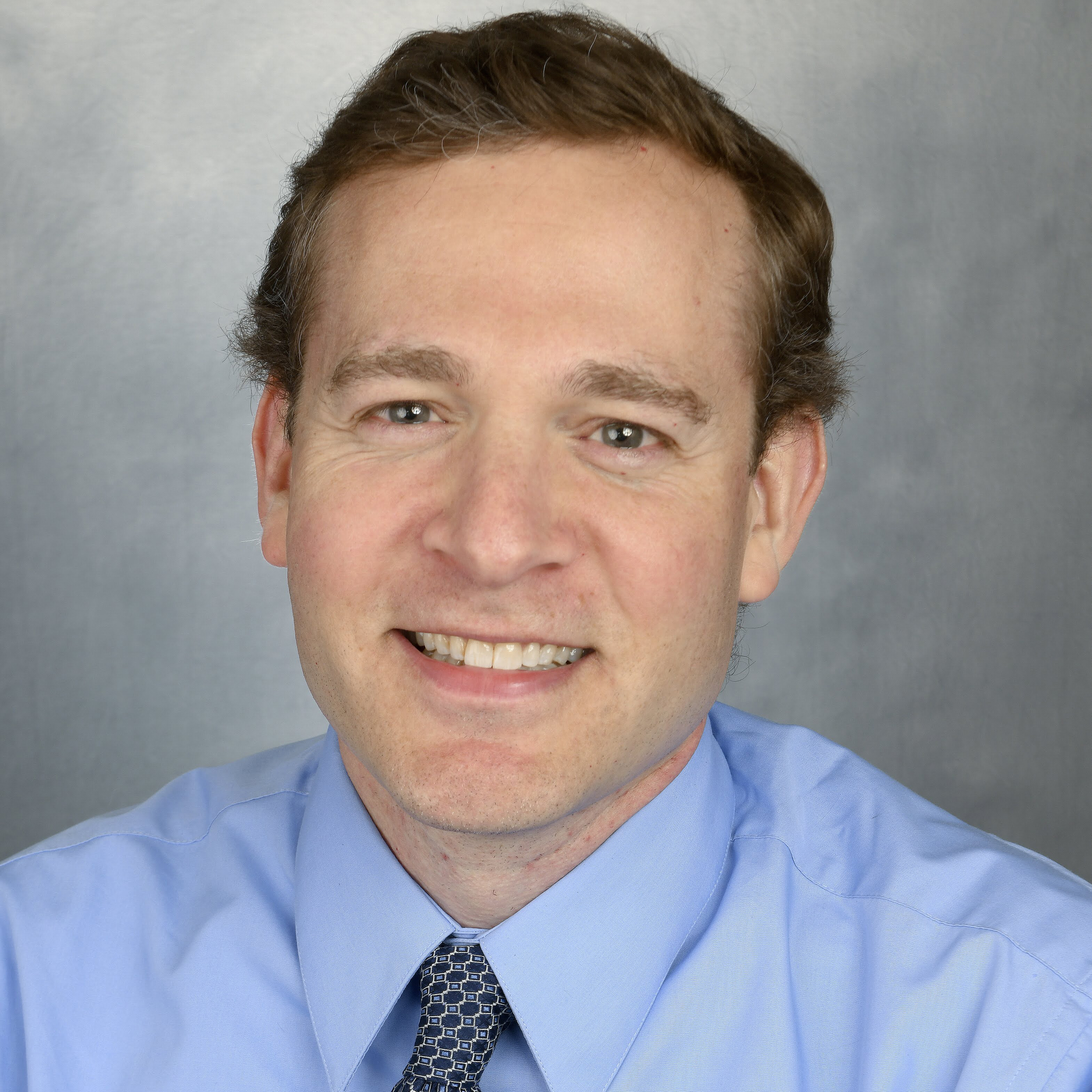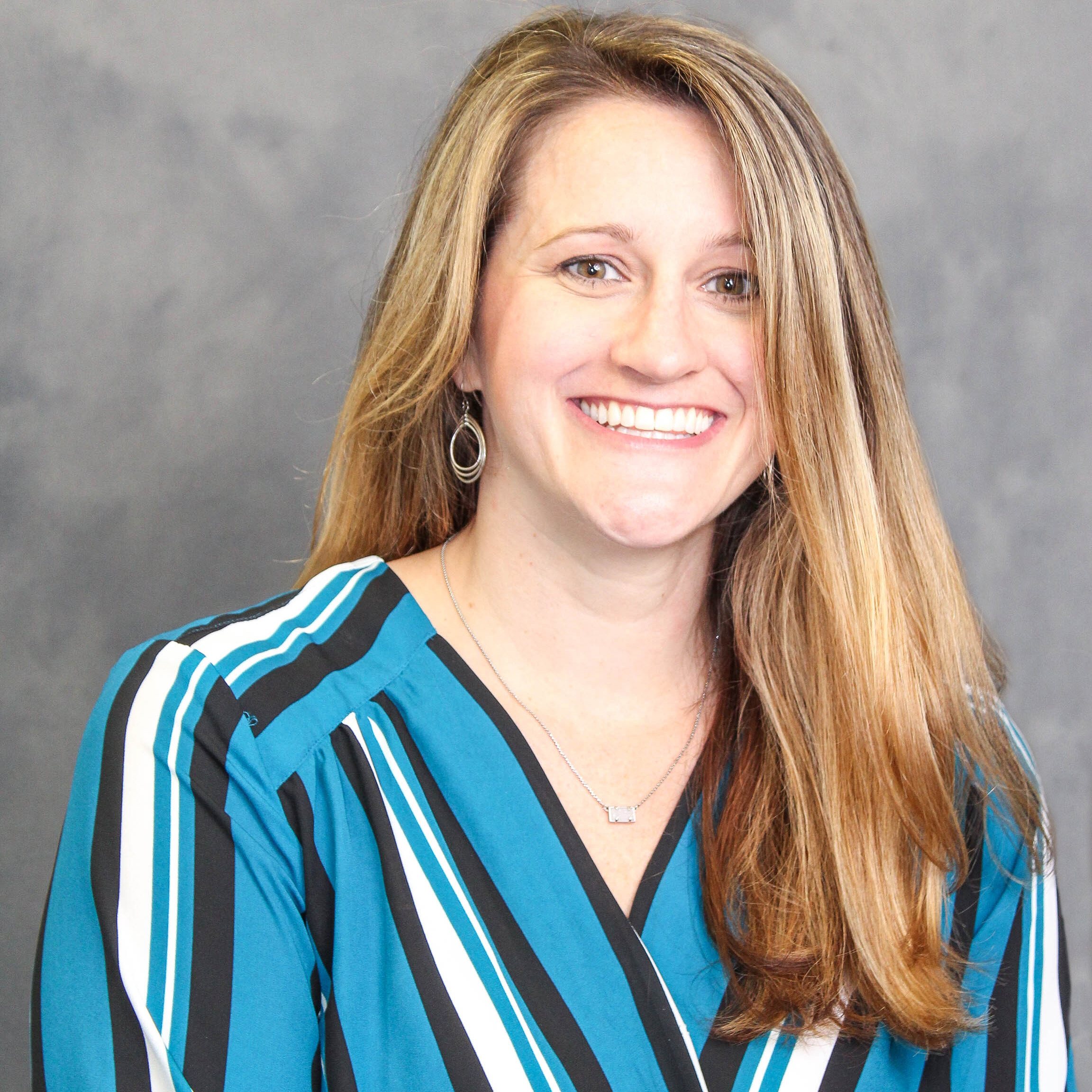The UAB Division of Pediatric Hematology and Oncology is excited to offer a one-year advanced fellowship in pediatric neuro-oncology.
The Pediatric Neuro-Oncology Fellowship Program has been designed to enhance the fellow’s knowledge of pediatric brain and spinal cord tumors including biology, diagnosis, clinical course, treatment options, outcomes and areas of research. The fellowship can be further structured to meet the specific interests and experiences of each individual applicant.
Applicants should be BC/BE in pediatric hematology-oncology or pediatric neurology. The pediatric neuro-oncology fellow will be appointed as a Clinical Instructor at the Heersink School of Medicine commensurate with qualifications.
Program Information
-
Throughout the year, you will be able to see patients in clinic and new consult patients in the hospital. In addition, you have the opportunity to work closely with and learn from experts in multiple disciplines on various rotations. These rotations include:
-
Neurosurgery
-
Neuroradiology
-
Radiation-Oncology
-
Neuropathology
-
Neurology
-
Palliative Care
-
Neuropsychology
-
Developmental Therapeutics
-
Survivorship
-
-
Children's of Alabama is the only tertiary care children's hospital in Alabama. The hospital sits prominently on the campus of the University of Alabama at Birmingham. The UAB Department of Pediatrics is housed at Children's of Alabama. The hospital has a 24-bed pediatric hematology/oncology floor, an eight-bed Pediatric Bone Marrow Transplant Unit, and a 24-bed PICU.
The Alabama Center for Childhood Cancer and Blood Disorders (ACCCBD) treats more than 90% of Alabama children with cancer and blood disorders. The Pediatric Neuro-Oncology Program has a large referral pattern for children with brain tumors including Mississippi, Florida and Georgia. Approximately 50-60 children with brain tumors are diagnosed and treated each year with more than 1,000 patient visits per year. The ACCCBD Developmental Therapeutics Program leads complex investigator-initiated pediatric brain tumor Phase 1 trials, and since 2006 has been a continuous member in the highly competitive COG Pilot & Phase 1 Consortium (now PEP-CTN). In addition, the ACCCBD is a member of the Neurofibromatosis Clinical Trials Consortium, Sunshine Project of the National Pediatric Cancer Foundation (NPCF) and participates in Head Start 4.
Integrated into ACCCBD is the Institute for Cancer Outcomes and Survivorship (ICOS), which was founded by Dr. Smita Bhatia to reduce the burden of cancer and its sequelae through collaborative interdisciplinary interventional efforts. ACCCBD partners with the O’Neal Comprehensive Cancer Center at UAB. The Comprehensive Cancer Center has been continuously funded by the NCI and is one of the original cancer centers funded. It has 400 members across 39 departments and houses six major scientific programs including neuro-oncology, which is the only disease-focused Comprehensive Cancer Center Program, highlighting the strength and breadth of brain tumor research at UAB.
-
As a pediatric neuro-oncology fellow, you will have the opportunity to participate in a clinical and/or translational research project during the year. The Division of Pediatric Hematology and Oncology is committed to advancing research, taking findings from the bench to the bedside and then to the community. The division works in close collaboration with members of the O'Neal Comprehensive Cancer Center at UAB, the Institute for Cancer Outcomes and Survivorship, the UAB Center for Clinical and Translational Science, UAB Center for Outcomes and Effectiveness Research and Education, Children’s Center for Supportive and Palliative Care and UAB School of Public Health. These multidisciplinary collaborations serve as a rich resource to accelerate the pace of discovery across the entire trajectory of disease from diagnosis to survivorship and end of life. Research interests for current neuro-oncology faculty include:
-
Gregory Friedman, M.D., has demonstrated that the deadliest subgroup of medulloblastoma is highly sensitive to a genetically modified herpes simplex virus (HSV). His innovative phase 1 study using modified HSV to attack difficult-to-treat brain tumors began recruiting patients from across U.S. in 2016.
-
Girish Dhall, M.D., conducts clinical research focused in the design of early-phase (phase I and II) clinical trials as well as of clinical trials utilizing treatment strategies that either avoid or at least minimize the dose and volumes of irradiation in young children with neuronal tumors and patients with central nervous system (CNS) germ cell tumors. His papers on the survival of children with medulloblastoma treated on “Head Start” I, II, & III studies are among the leading publications on the use of high-dose chemotherapy (HDCTx) as an irradiation avoiding strategy in young children with medulloblastoma, especially nodular/desmoplastic medulloblastoma. He co-chaired COG study, ACNS1123, and showed that despite differences in patterns of relapse, approximately 90% of patients with localized non-germinomatous germ cell tumors (NGGCT) can be cured with combination of chemotherapy and reduced dose and volume of CNS irradiation.
-
Elizabeth Alva, M.D., is the director of the Pediatric Cancer Predisposition Program. She is the site PI for the NCI-COG Pediatric MATCH trials and is the COG Study Chair for APEC1621K, NCI-COG Pediatric MATCH Phase 2 Subprotocol of AG-120 (Ivosidenib) in Patients with Tumors Harboring IDH1 Mutations.
-
Katie Metrock, M.D., is interested in neurofibromatosis clinical research and is the site PI for all pediatric clinical trials through the Neurofibromatosis Clinical Trials Consortium.
-
-
Pediatric Brain Tumor Board
Cases are reviewed by the multidisciplinary panel including Neuro-Oncology, Neuroradiology, Neurosurgery, Radiation-Oncology, and Neurology. Outside institutions in Alabama are invited to attend and submit cases for review. The conference occurs twice a month.
Neuropathology Conference
New and interesting cases are reviewed once a month by Neuropathology and Neuro-Oncology faculty.
Brain Tumor Staffing
This weekly meeting is held to discuss upcoming clinic patients and current inpatients. The entire Neuro-Oncology team is in attendance, including neuro-oncologists, pediatric neuro-oncology nurse practitioners, our social worker, neuropsychologist, school liaison, chaplain, and members of the Palliative Care team.
Pediatric Hematology/Oncology Grand Rounds
The Division of Hematology-Oncology, Department of Pediatrics at Children’s of Alabama holds a monthly Pediatric Hematology-Oncology Grand Rounds featuring national and institutional speakers with the goal of providing an ongoing forum about developments in the field.
Developmental Therapeutics
The Developmental Therapeutics team meets monthly to review all open and pending clinical trials and patient enrollments.
Journal Club
The fellow will lead a Neuro-Oncology Journal Club at least 5 times throughout the year.
Tumor Reviews
The fellow will present a detailed overview of at least five different tumor types throughout the year.
Meetings
The fellow will be expected to attend at least one national or international (if presenting an abstract), such as COG, Society of Neuro-oncology Meeting, International Symposium on Pediatric Neuro-oncology (ISPNO), etc….
-
Attending Physicians
Nurse Practitioners
Sasha Ramini, CRNP
Marla Thompson, CRNP
Kara Kachurak, CRNP
Angie Lansdon, CRNP
How to Apply
Applicants must have completed their residency training in pediatrics and fellowship training in pediatric hematology/oncology (ACGME accredited) or child neurology (CCGME accredited).
Foreign applicants with equivalent qualifications are also eligible to apply.
Please email Katie Metrock, M.D. and Onetra Robinson for more information. A complete application will consist of a curriculum vitae (CV), personal statement (300-500 words), two letters of recommendation, and a copy of medical school diploma or ECFMG certificate (if applicable). Applicants may apply at any time.
Our Team
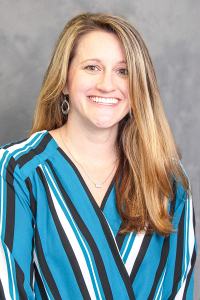
Laura “Katie” Metrock, M.D.
